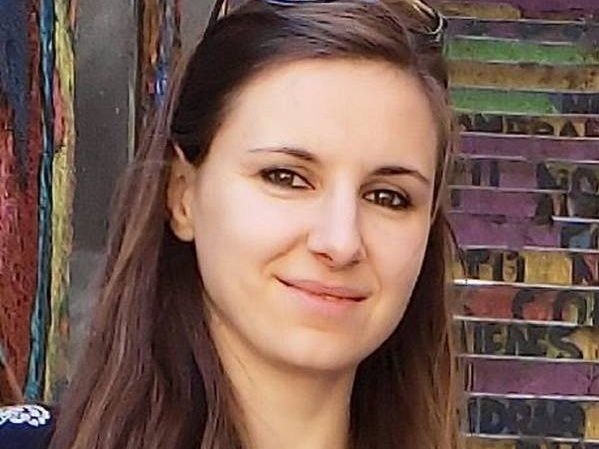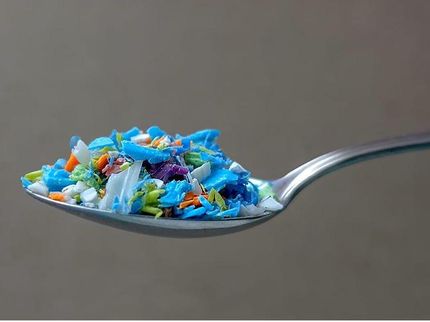“Observing active matter is like playing computers under a microscope”
Juliane Simmchen receives Mario Markus Prize for ludic sciences
The German Chemical Society (GDCh) honors Dr. Juliane Simmchen, University of Strathclyde, Glasgow, UK, and Technical University of Dresden, received the Mario Markus Prize for Ludic Sciences. She received the prize for a publication in which she investigated biomimetic behavior in artificially produced active matter. The prize, endowed with 10,000 euros, honors scientific work in the field of natural sciences that is characterized by its playful character. The award winner convinced the selection committee with her playful approach to approaching a complex topic in order to gain exciting insights. The award ceremony will take place on January 30th as part of a public event on the premises of the Physical Society in Frankfurt am Main.

Juliane Simmchen
“A bit like playing computers in the laboratory, only cooler,” is how Juliane Simmchen describes her work. She researches how microparticles can be specifically moved in liquids. While people can glide through the water with targeted movements when swimming, in order to move in liquids, microparticles have to be permanently supplied with energy and are equipped with a “motor” so to speak.
In the award-winning publication, Simmchen investigated a special phenomenon: the completely artificial, magnetic and photocatalytic microswimmers she produced crossed a line of light and then changed direction without any additional stimulus. To find out why the microswimmers swim “back to the light,” she looked at different influences. The researcher found that neither the magnetic field nor the hydrogen peroxide content had any significant effects. The size of the particles is crucial. These results show how simple physical effects can lead to complex but stable behavior, similar to natural mechanisms.
Juliane Simmchen, who was born in 1986, studied chemistry at the Technical University of Dresden. After graduating in Analytical Chemistry in 2010, she completed her PhD in Materials Science in 2014 at the Catalan Institute of Nanoscience and Nanotechnology (ICN2) at the Autonomous University of Barcelona in Spain. After stays at the MPI for Intelligent Systems, Stuttgart, and at the Centro Brasileiro de Pesquisas Físicas, Rio de Janeiro, Brazil, she returned to the Technical University of Dresden in 2016 as a research assistant. Since 2016 she has been a Freigeist Fellow on the topic of 'Light driven microswimmers'. Since 2022 she has also been teaching at the University of Strathclyde, Glasgow, UK. In 2022, the GDCh awarded Simmchen the Carl-Duisberg Memorial Award for her research.
The Mario Markus Prize for Ludic Sciences, endowed with 10,000 euros, is awarded by Professor Dr. Mario Markus, Dortmund, who dedicated himself to ludic science and coined this term. While research projects today are increasingly being carried out with a focus on practical applicability, a look at the past shows that, since ancient times, we have repeatedly gained new knowledge through play and out of sheer curiosity.
Most read news
Other news from the department people

Get the analytics and lab tech industry in your inbox
By submitting this form you agree that LUMITOS AG will send you the newsletter(s) selected above by email. Your data will not be passed on to third parties. Your data will be stored and processed in accordance with our data protection regulations. LUMITOS may contact you by email for the purpose of advertising or market and opinion surveys. You can revoke your consent at any time without giving reasons to LUMITOS AG, Ernst-Augustin-Str. 2, 12489 Berlin, Germany or by e-mail at revoke@lumitos.com with effect for the future. In addition, each email contains a link to unsubscribe from the corresponding newsletter.






























































